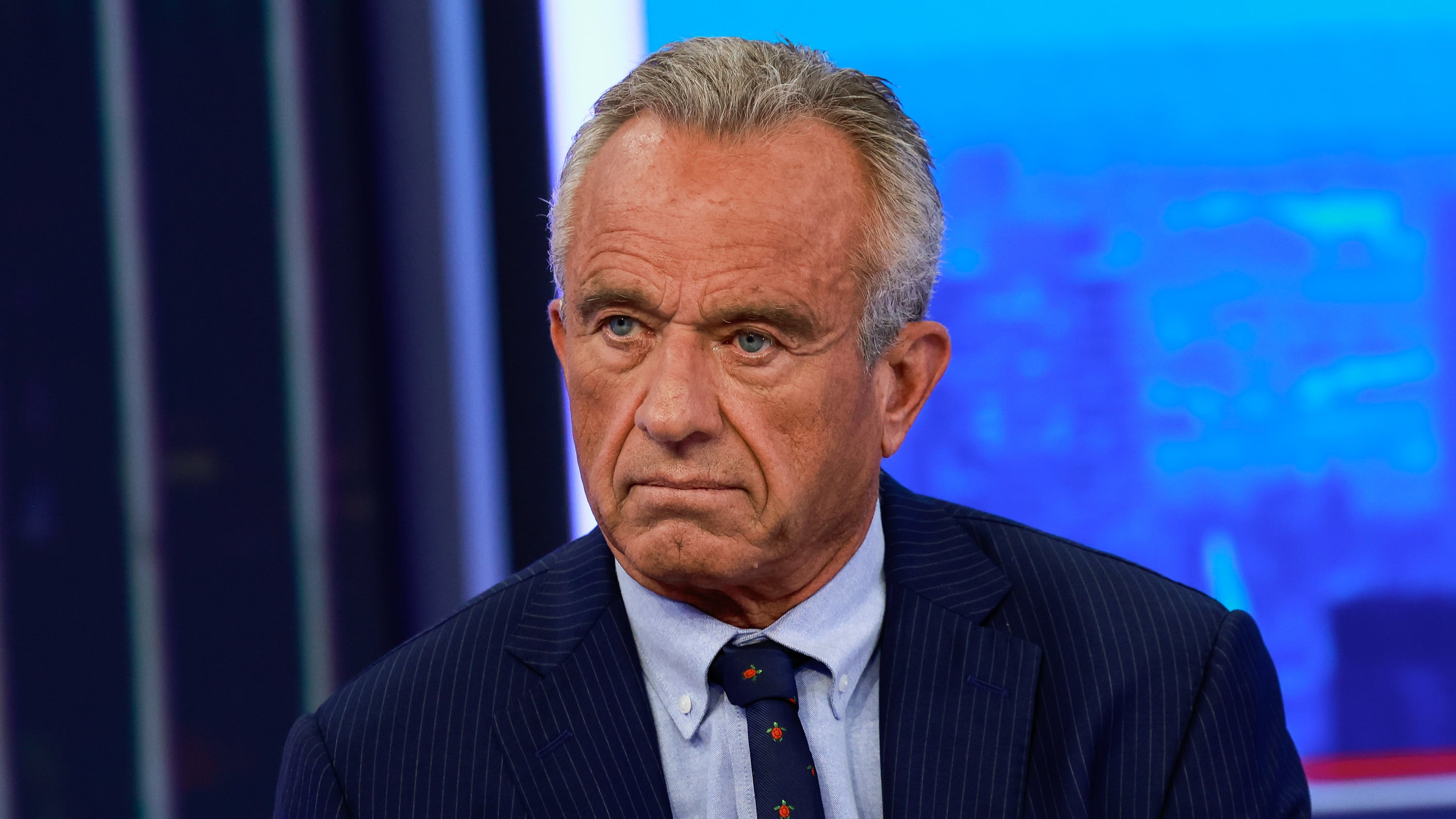
A legal adviser to Robert F. Kennedy Jr., Aaron Siri, has drawn criticism for his efforts to overturn approvals of vaccines that have been cornerstones of public health for decades. Siri, who has been a key figure in advising Kennedy’s health policy platform, filed a petition in 2022 urging the U.S. Food and Drug Administration (FDA) to revoke approval and halt the distribution of 13 vaccines, including those for polio, tetanus, diphtheria, and hepatitis A.
Siri’s petition reportedly demanded randomized, double-blind clinical trials for the polio vaccine, a standard that would expose children in the placebo group to potentially contracting the disease. The polio vaccine—one of modern medicine’s most celebrated triumphs—has undergone over 300 studies since its introduction in 1955, rendering further trials ethically questionable. The proposed method of testing would leave half of the participants unvaccinated and vulnerable to polio, a disease that can cause organ failure, paralysis, and death.
Potential Role in Public Health Policy
In private discussions, Kennedy has expressed interest in appointing Siri as general counsel of the Department of Health and Human Services (HHS), This position would place Siri at the helm of legal decision-making for the agency responsible for safeguarding public health. Earlier this week, former President Donald Trump announced plans for Kennedy to focus on researching debunked claims about vaccines and autism if he assumes leadership of the HHS. Notably, these conspiracy theories stem from a fraudulent study whose author was stripped of his medical license and whose findings have been disproven by extensive research, including a comprehensive study of 660,000 children over 11 years.
During an appearance on NBC’s Meet the Press last weekend, Trump stated that he would find it challenging to eliminate the polio vaccine but expressed a willingness to consider opposing viewpoints on the matter.
Kennedy’s Stance on Public Health
RFK Jr, a prominent figure in the anti-vaccine movement, has espoused a variety of controversial beliefs, including claims that WiFi causes cancer and that HIV does not cause AIDS. He has also attributed his cognitive state to a “brain-eating worm” in his head. His views on vaccines have raised alarms among public health experts, particularly his opposition to fluoridation of public water systems—a measure that has significantly reduced cavities and tooth decay in the U.S. since 1945.
During the COVID-19 pandemic, RFK Jr likened vaccination efforts to Nazi experimentation on “Romani people and Jews,” calling it part of a “biosecurity agenda” to enslave humanity. Despite assurances during Trump’s campaign that he would not eliminate vaccines, Kennedy’s actions and rhetoric have fueled speculation about a broader agenda to roll back vaccination programs, posing a potential threat to public health.
Read More:
https://theworldseye.com/macys-to-close-65-stores-by-january-2025/
https://theworldseye.com/tesla-shares-soar-to-record-high-on-post-election-momentum/
https://theworldseye.com/ugly-sonic-design-featured-in-new-giveaway/
Real-World Consequences of Misinformation
RFK Jr’s anti-vaccine organization, Children’s Health Defense, has been implicated in spreading misinformation that contributed to a deadly measles outbreak in Samoa in 2019. The misinformation campaign reduced the country’s vaccination rate to 31%, leading to 5,707 reported cases of measles and 83 deaths, predominantly among children under five. Measles had been declared eliminated in the U.S. in 2000, a milestone attributed to vaccines.
The Legacy of Vaccines
Vaccines represent one of the greatest achievements of modern medicine, having eradicated or drastically reduced the prevalence of deadly diseases like smallpox and rabies. Despite their success, anti-vaccine sentiment continues to undermine public confidence, with dangerous consequences for global health.
The controversy surrounding Kennedy’s stance on vaccines underscores the tension between scientific consensus and ideological opposition. Public health experts warn that reversing advancements in vaccination could lead to the resurgence of diseases once thought to be eradicated. As Kennedy and his advisers prepare to shape federal health policy, the implications for America’s public health infrastructure remain uncertain and deeply concerning.